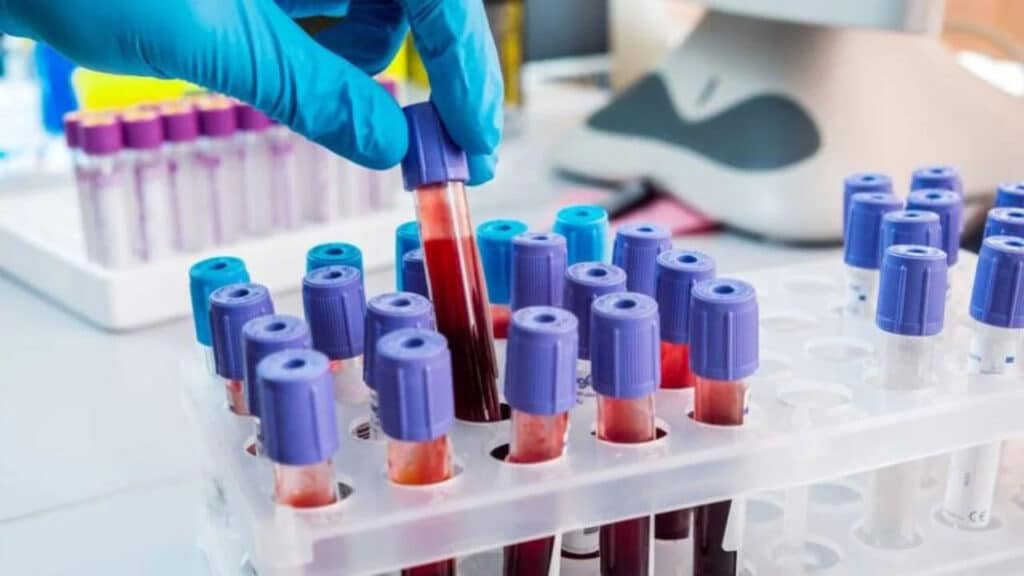You might think that tests and scans are only for when there’s something wrong with you. You start experiencing symptoms, so you go to the doctor and they conduct whatever investigation is necessary to identify the cause.
If you’re ill and you want to figure out what’s wrong, you need tests, but that’s not the only time that you might want to check your health. Screening programs are an important way to catch the warning signs of disease before it creates a foothold. This might mean you can start treatment before the symptoms become serious. Other times, you may even be able to prevent the disease completely.
“Prevention is better than cure.” That’s what they like to say, and it’s true. It’s much easier to never have a serious illness than to have to expend a lot of time and energy trying to treat it. What sort of tests are recommended may depend a little on your personal history and whether you’re in a high-risk group, but there are some checks recommended for everyone.
As you get older, you’re likely to face more and more tests. Everything from high cholesterol to cancer can become more common with age. Luckily, you can test for dozens of different things with just one blood or urine test (although there are different kinds of blood tests for different things). Other tests could include looking at your DNA for genetic mutations.
These sorts of tests could identify prediabetes (when you’re close to diabetes, but it’s not too late to stop it), precancerous conditions, high cholesterol (which increases your risk of strokes and heart problems) and various other conditions. They’re not a guarantee that you’ll spot something more serious incoming, but they improve your chances.
That’s why you need to take any recommendation for regular screening from a doctor seriously. Don’t put it off because you don’t think it’s important or you’re sure nothing’s wrong. Make sure you follow all the instructions for the test, such as if you need to fast beforehand. You should also find out whether any medication you’re currently taking could interfere with results.
Results of these tests are rarely definitive. Sometimes you may need more or different tests. Other times, there may be alternative diagnoses. Every person has their own unique biochemistry, so investigation can be lengthy and complicated.




